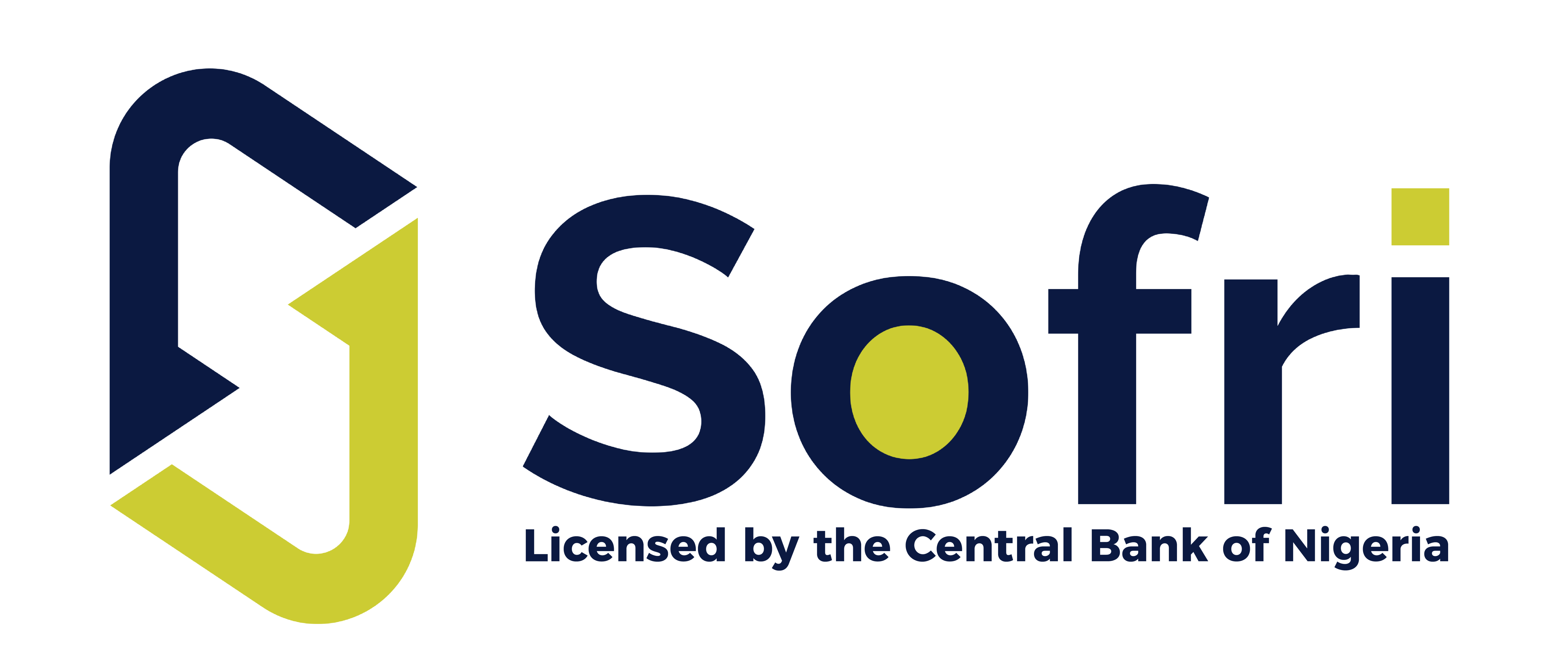Introduction
Salary Advance Loan vs. Payday Loan: There is sometimes a lot of uncertainty and misinformation around different loan possibilities when it comes to navigating the world of short-term borrowing. Salary advance loans and payday loans, two popular options, are commonly misunderstood. In this essay, we’ll untangle the mystery and reveal ten facts about these financial instruments that you might have believed you understood.
What is a salary advance loan?
A salary advance is a loan that allows you to borrow money from your upcoming paycheck. Essentially, this implies that you are paid before your paycheck is due for payment. This also means there is a higher likelihood that you will be broke before another salary is paid. Although Salary advances can be utilized to cover unexpected costs and then repaid when you are paid,
Salary advances, like other loans, include a payback schedule, interest rates, and other fees.
The majority of salary advance loans in Nigeria are due on your following payday, depending on the amount borrowed. This implies that the whole amount of the advance payment, including interest and fees, will be deducted from your next paycheck.
Others are known to stretch the payment across several months.
How Does a Salary Advance Loan vs. a PayDay Loan Differ?
The primary distinction between a salary advance and a payday loan is the lending platform and the payback conditions. What the term “platform” indicates is that most salary advances are from employer to employee, whereas payday loans are from a third-party platform to you, and the transaction is associated with your paycheck.
Your company provides you with a wage advance. Some firms provide advances to employees in the form of private loans. Other companies support an employee-only credit union.
Salary advances, as opposed to payday loans, are often inexpensive, with low-interest rates and no hidden expenses.
The amount you may borrow with a salary advance is determined by your take-home income. It is normally at least 33.3% of your income.
Payday loans, on the other hand, will consider your credit score and other variables to determine how much money is readily accessible to you. They also have costs associated with them.
There are no options for rolling over the amount borrowed with salary advances. This is not true with payday loans.

Key Differences Between Salary Advance Loans and Payday Loans
| Description | Salary Advance Loans | Payday Loans |
| Source of Funding | Salary advance loans are often provided by your company or as part of an employee benefits program. It enables you to withdraw a portion of your earned but unpaid paycheck prior to your usual payday. | Lenders generally provide payday loans, which can take the form of storefront payday lenders or internet lending platforms. Individuals can obtain these loans depending on their income and creditworthiness, and they are not affiliated with your employment. |
| Repayment Structure | Salary advance loan repayment is withdrawn straight from your next paycheck. Some employers provide a short-term, interest-free benefit. | Payday loans are often repaid in full on your next payday, which is usually between two and four weeks. They have high-interest rates and surcharges, which can make them costly if not repaid on time. |
| Interest Rates and Fees | Employer-provided salary advances are frequently interest-free or have extremely modest costs. They are intended to be a low-cost employee perk. | Payday loans have high interest rates and excessive fees. Payday loans have extraordinarily high annual percentage rates (APR), making them an expensive way to borrow money. |
| Credit Check | Salary advance loans are often not subject to a credit check. They are determined by your job status as well as the amount of your outstanding salary. | Payday loans often require a rudimentary credit check, although creditworthiness is rarely the most essential issue. Lenders are concerned about your capacity to repay based on your income. |
| Availability | The availability of a salary advance is determined by your employer’s policy. This perk is not provided by all employers. | Payday loans are readily available from several physical and online providers. Individuals can access them regardless of their work conditions. |
| Purpose | Salary advances are generally designed to assist employees in dealing with unforeseen bills or financial problems. | Paycheck loans are frequently utilized to cover unexpected costs, pay debts, or make purchases before the following paycheck. |
Salary Advance Loan vs. PayDay Loan: What should I consider before taking a loan?
Apart from a salary advance, you have additional lending alternatives as a salaried worker.
Knowing what you want and how to acquire it can help you determine whether the salary advance option is correct for you.
You must decide how much money you wish to borrow. You can take a pay advance if the sum is simply a portion of your monthly pay. If you need more money than your whole pay, close to your full salary, or more than your full salary, you should look into alternative lending choices.
Salary advance loans cannot provide you with your entire pay or more than your entire salary; only a percentage of your entire salary may be obtained through salary advances. This is typically dependent on who is providing you with the salary advance as well as the conditions and rules under which it is provided.
You must also be aware of the interest rate on the salary advance. Interest rates might be difficult to comprehend.
Most lenders’ interest rates might be perplexing; Credit Nigeria can help you avoid this misunderstanding by calculating the real interest you will pay on your existing loan for free.
What are the importance and benefits of taking a salary advance loan?
One of the major reasons to get a salary advance loan is if you are a salary earner.
Some lenders have a minimum salary they can work with, like GTBank, which only provides salary advances for salary earners who earn a minimum of ₦25,000 in the public sector and ₦50,000 in the private sector, so being a salary earner is sometimes not enough.
You can also get a salary advance in the case of financial emergencies that your savings cannot cover, up to 60% of your salary in the space of 24 hours.
Lenders can also provide more than 60% of your salary. To find these lenders, use Sofri Digital Bank.
You can also get salary advances if the emergency you need the money for is urgent. This is because salary advances can be quickly paid to you, and they require fewer processes to complete.
Salary advance loans are also available if the requirement for the money is immediate. This is because salary advances may be given to you quickly and with fewer procedures.
How to Apply for a Loan in Nigeria
Today, various financial organizations in Nigeria provide salary-worker loans. The bulk of these platforms are run by banks and fintech firms. Regardless, the amount for which a person is eligible is mostly determined by the lender and the borrower’s credit score.

How do I get a salary advance loan from my boss in Nigeria?
Please keep in mind that the ideas and steps outlined here are solely for people whose employers provide salary advances. If this is not the case for you, call Sofri to be paid a salary advance loan to fulfill your necessities.
Obtaining a salary advance in Nigeria normally requires working together with your company, as they are the only ones who can grant this advantage. Here are the steps you may take to obtain a salary advance:
Step 1: Understand Your Company’s Policy:
Familiarize yourself with your company’s policy regarding salary advances. Some companies offer this as an employee benefit, while others may not have a formal policy in place.
Step 2: Determine the Amount
Calculate the amount you need as a salary advance. Be specific about the amount and the reason for the advance, whether it’s for an unexpected expense, a medical emergency, or any other valid reason.
Step 3: Initiate a Request:
Approach your HR department or supervisor to initiate a formal request for a salary advance. This is often done through a written request or an official application form, if available.
Step 4: Explain the Purpose
In your request, provide a clear and concise explanation of why you need the advance. Demonstrating a genuine need for the funds can help your case.
Step 5: Agree on Terms
Discuss and agree on the terms of the salary advance. This includes the amount, the repayment period, and the method of deduction from your future paychecks.
Step 6: Sign an Agreement
Once the terms are agreed upon, both you and your employer should sign a formal agreement outlining the details of the salary advance, including the repayment schedule.
Step 7: Repayment
Be prepared for the agreed-upon deduction from your future paychecks to repay the advance. Ensure you fully understand the repayment plan to avoid any surprises.
Step 8: Follow up
Stay in communication with your HR department or supervisor to ensure the salary advance is processed and the deductions are made as agreed.
Conclusion: Salary Advance Loan vs Payday Loan
Before seeking a salary advance, it’s a good idea to look into alternative financial choices and assess the severity of your situation. In most cases, salary increases are designed to cover real crises or unforeseen needs. Always follow your company’s regulations and have open lines of contact with your boss throughout the process.



